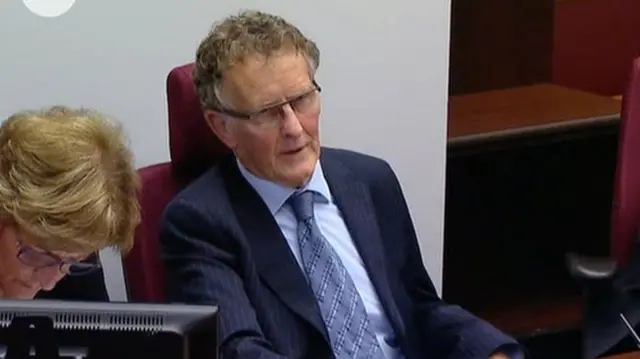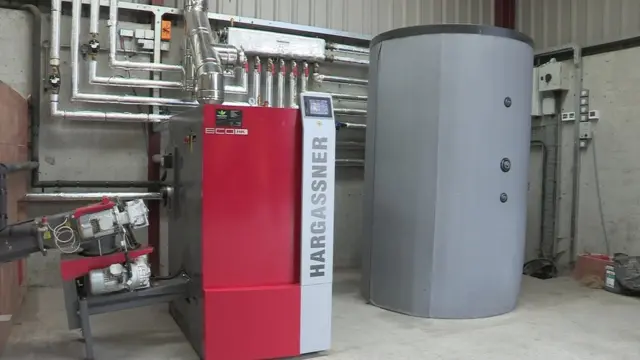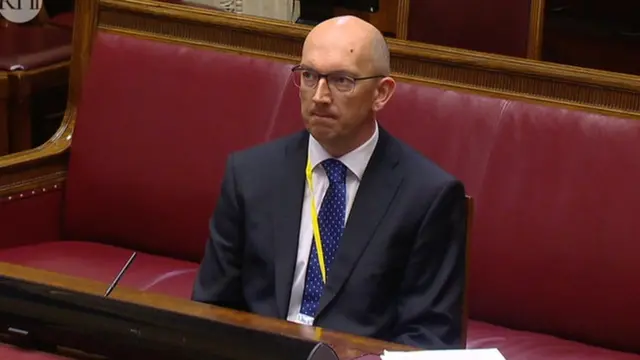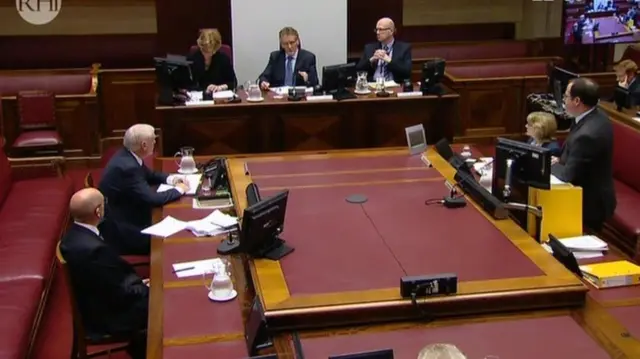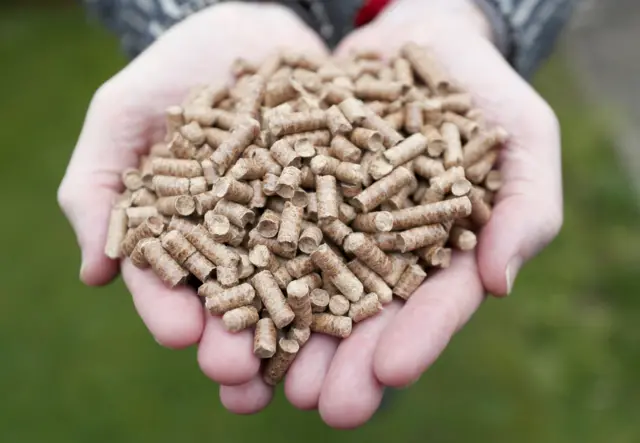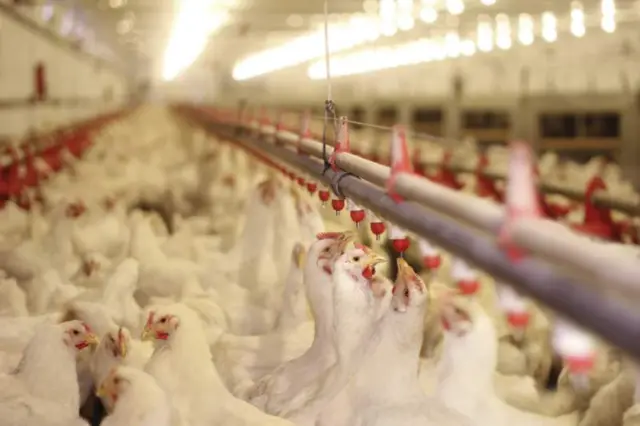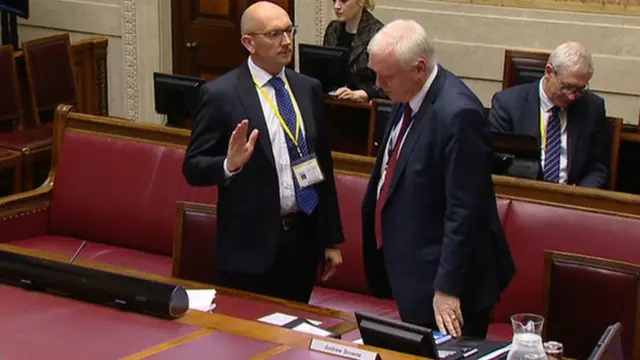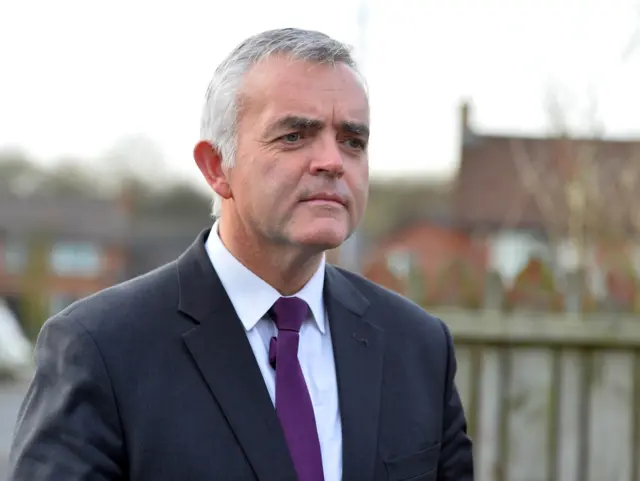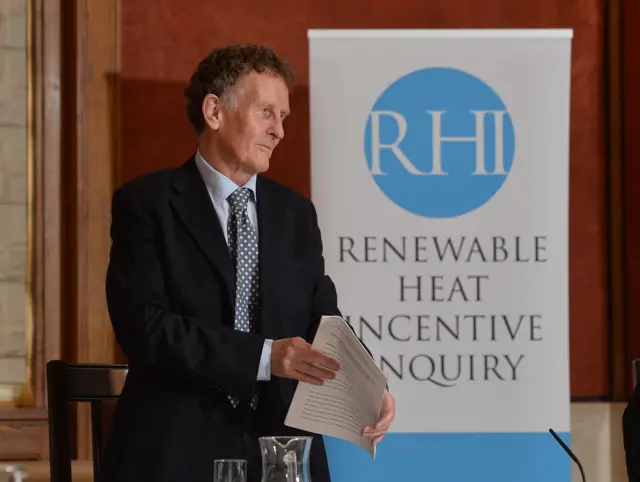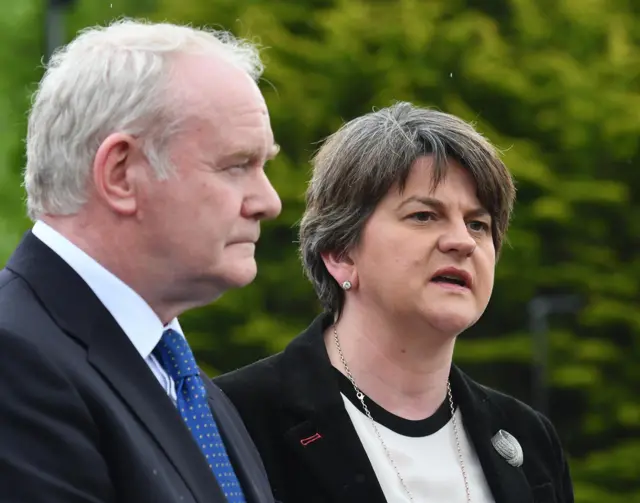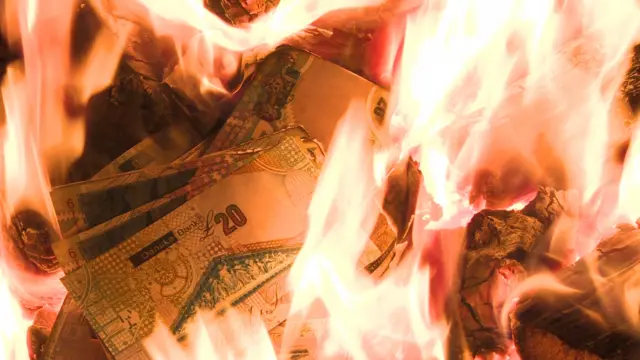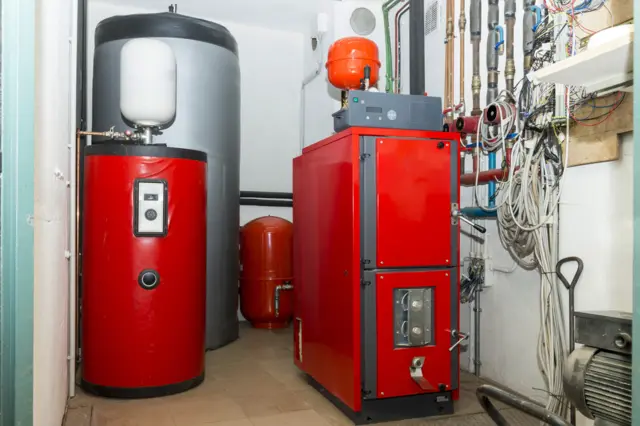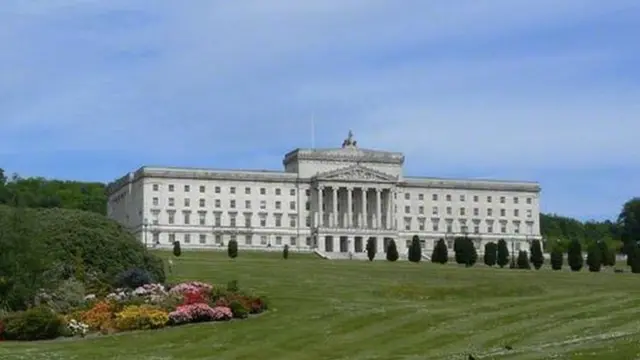'RHI boilers won't last for 20 years'published at 11:08 BST 22 June 2018
There's an assumption that RHI scheme boilers "will last for 20 years" but the reality is somewhat different, says Mr Forgrave.
The subsidies on offer from the scheme last for a 20-year spell but they stop when the boiler bought through the initiative is no longer operating - in the case of it breaking down and being unable to repaired, for example.
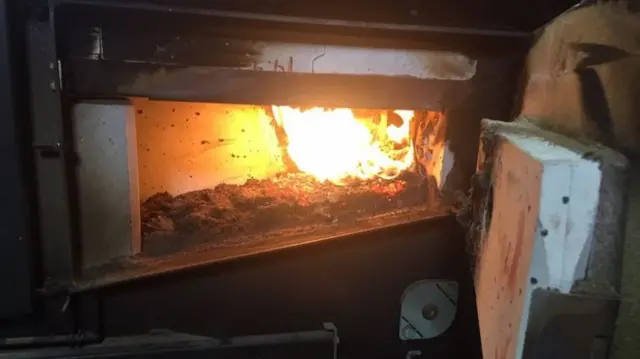
His boilers are four years old and already showing wear and tear and need to be repaired, he says.
"That's only going to go one direction in the long-term - machines gives bother."
